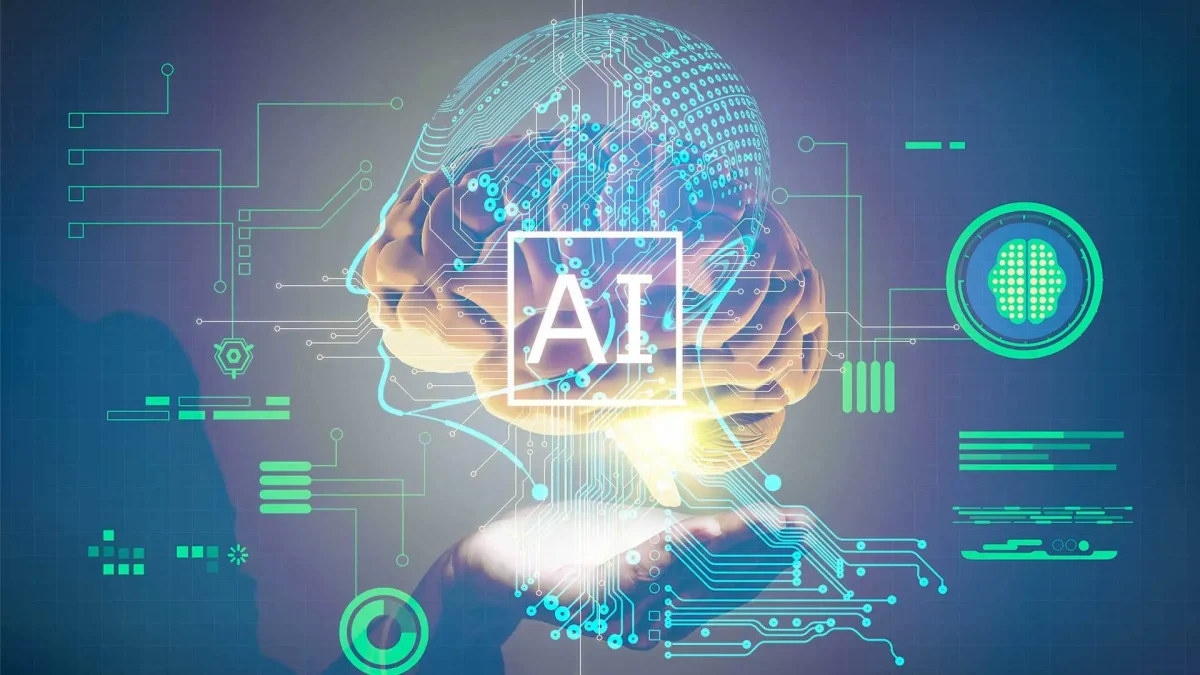
The Rise of AI: Helpful or Harmful?
Over the years, artificial intelligence (AI) has rapidly advanced in both technology and everyday use. It’s becoming so powerful that some people are starting to worry it might one day take over important parts of our lives—or even the world.
Some of the most popular AI tools today include Canva, ChatGPT, Google Gemini, DeepL, Quillbot, and Remove.bg. Tools like Canva, ChatGPT, and Google Gemini allow users to create content or ask questions directly. On the other hand, DeepL, Quillbot, and Remove.bg are mainly used to assist with writing, translation, and editing tasks.
One of my favorite tools is Quillbot. It offers a range of features including a paraphraser, grammar checker, AI detector, plagiarism checker, AI humanizer, summarizer, translator, citation generator, and Quillbot Flow, which is an advanced AI writing tool.
Another useful tool is Grammarly, which is an advanced grammar checker. It can fix spelling mistakes, suggest better word choices, and help clarify confusing sentences—especially useful when writing essays. (And no, this isn’t an ad!)
AI has become extremely advanced—and not just for good things. Unfortunately, it can also be used for harmful purposes, such as spreading misinformation or creating deepfakes that look and sound incredibly real. As AI continues to improve, these dangers will only become harder to detect.
At school, many students are already using AI to complete homework and assignments. While it may seem helpful, it raises a serious concern: if students rely too heavily on AI, they may stop learning how to do the work themselves.
In my opinion, AI has evolved too much. People are starting to depend on it instead of solving problems on their own. If this continues, important skills like problem-solving and critical thinking may start to fade. AI also reduces the need for memorization, since people rely on it to store and retrieve information quickly. The more we depend on AI to think for us, the less our brains are challenged to remember things on their own.
Students who use AI to write essays or do assignments may also lose their writing skills. When asked to write by hand or without assistance, they might struggle with spelling, sentence structure, or overall clarity. In addition, AI can take away from creativity. There are AI programs that can create stories, art, music, and more—so instead of creating something original, many people are choosing to let AI do it for them.
While AI can be incredibly useful, it also comes with serious risks. If we continue to rely on it too much, we may lose important skills that people have developed over generations—skills like problem-solving, creativity, and critical thinking. That’s why I believe the fast-paced evolution of AI could actually be harmful in the long run.
